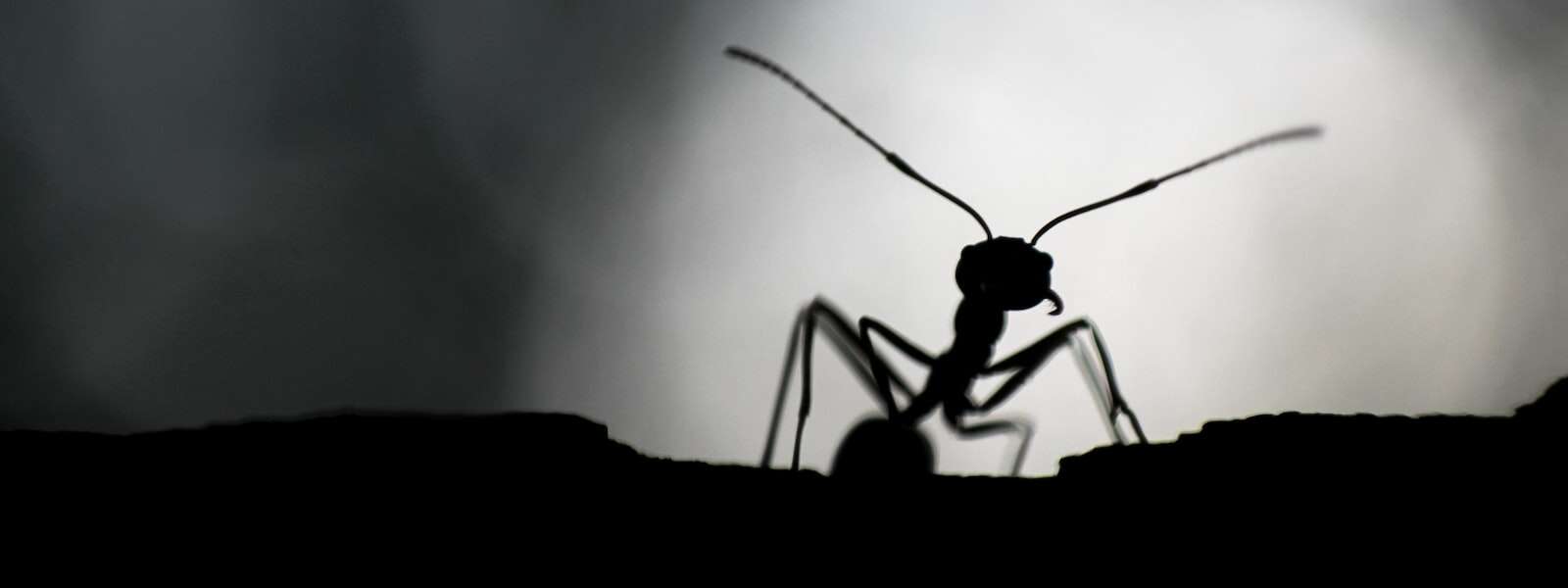Ophiocordyceps unilateralis, the apocalypse-causing fungus in the TV series The Last of Us, is real and zombifies ants and spiders. But could ants, or any other insect, spread fungi in turn and cause a human apocalypse? It’s unlikely, says a University of Guelph entomologist.

Aaron Fairweather is a PhD student in the School of Environmental Sciences at the Ontario Agricultural College. Their research focuses on eusocial insect behaviour, including colony establishment and foraging as well as the sublethal effects of neonicotinoid pesticides on bees and ants.
Most fungi evolve alongside their prey and are “quite species-specific,” explains Fairweather. Fungi that evolve to prey on cold-blooded animals such as insects likely wouldn’t survive the switch to warm-blooded ones.
“It is quite unlikely that a fungal disease or virus could spread through ants,” says Fairweather. “Most insects don’t have associations with humans. They’re also physically and molecularly distinct from humans. The exception, of course, are those insects that feed on us.”
Insects like mosquitoes, bed bugs, kissing bugs and ticks have all evolved to feed on human blood. As a result, They have the ability to carry infections such as yellow fever, Chagas disease and malaria, adds Fairweather.
“Parasites like Ophiocordyceps unilateralis have to overcome their host’s immune system, behavioural adaptations and internal pH in order to grow,” they explain. “This results in an ‘evolutionary arms race’ between the host and parasite: the host to develop better immune systems to overcome the parasite, and the parasite to overcome their immune response in turn.”
In most cases, the host wins the battle.
Ants as a case study
Even if insect-preying fungi suddenly became capable of spreading to humans, we could look to ants for an example of how to adapt, says Fairweather: “Rather than a fear of what ants could transfer to us, they are a great case study in how to protect ourselves against disease.”
Before re-entering nests, ants clean themselves with specialized salvia to disinfect themselves from spores such as Ophiocordyceps unilateralis, Fairweather explains, adding the ants are constantly washing and cleaning up after themselves to avoid disease.
“Ants are very picky about cleanliness and rarely do colonies collapse due to infection,” they say. “We can learn a lot from them.”
Fairweather is available for interviews.
Contact:
Aaron Fairweather
fairweaa@uoguelph.ca
